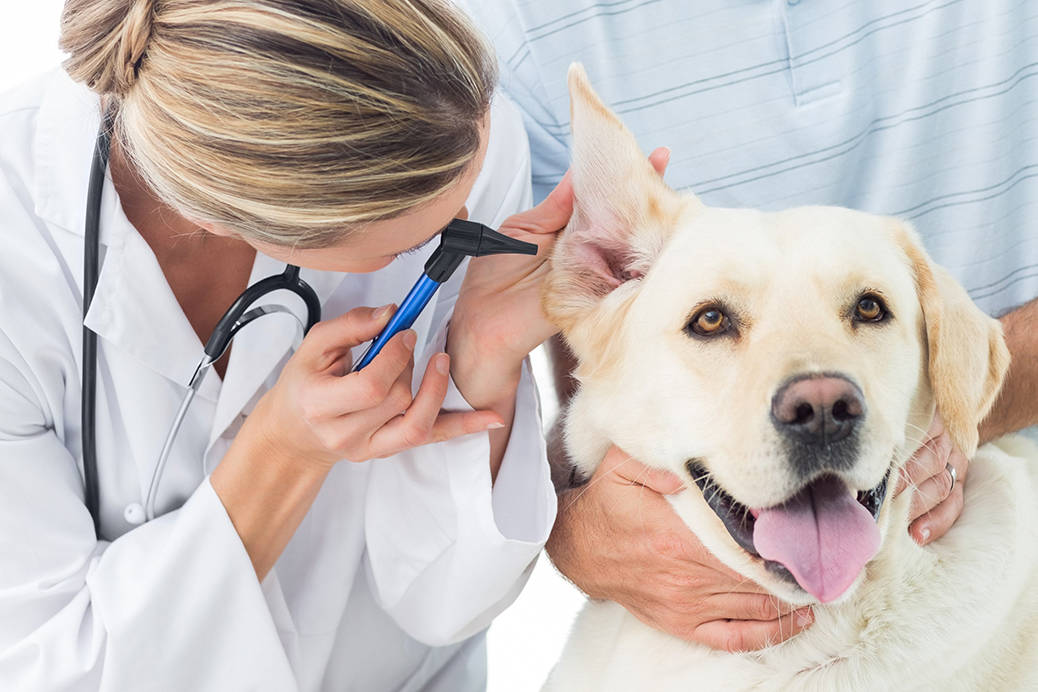In the realm of veterinary medicine, providing top-notch care for our beloved animal companions requires more than just expertise and compassion it also necessitates access to essential clinic equipment. From diagnosing illnesses to performing surgeries, veterinarians rely on a range of specialized tools and technologies to ensure the health and well-being of their patients. Let us explore some of the crucial equipment that every veterinarian clinic should have. First, diagnostic equipment is indispensable in any veterinary practice. This includes items such as X-ray machines, ultrasound scanners, and blood analyzers. X-ray machines enable veterinarians to examine the internal structures of animals, facilitating the detection of fractures, foreign objects, and other abnormalities. Ultrasound scanners are invaluable for imaging soft tissues and organs, aiding in the diagnosis of conditions such as tumors and organ dysfunction. Blood analyzers provide vital information about an animal’s overall health by measuring various parameters such as blood cell counts and biochemical markers.

Surgical equipment is another essential component of veterinary clinics. This encompasses a wide array of tools and instruments used for procedures ranging from routine spaying and neutering to complex orthopedic surgeries. Scalpels, forceps, sutures, and surgical drapes are just a few examples of the equipment needed to perform surgeries safely and effectively. Additionally, anesthesia machines and monitoring devices are crucial for ensuring the comfort and safety of animals undergoing surgical procedures. In addition to diagnostic and surgical equipment, veterinary clinics also require a range of tools for general examination and treatment purposes. These include items such as stethoscopes, horoscopes, ophthalmoscopes, and dental equipment. Stethoscopes allow veterinarians to listen to the heart and lungs of their patients, aiding in the detection of cardiac and respiratory issues. Otoscopes and ophthalmoscopes are used to examine the ears and eyes, respectively, enabling the diagnosis and treatment of conditions such as infections and injuries. Dental clinic equipment that vet clinics need such as probes, scalers, and polishers are essential for maintaining the oral health of animals, preventing dental disease and discomfort.
Furthermore, veterinary clinics must be equipped with proper facilities for housing and caring for animals. This includes comfortable kennels or cages for temporary housing, and amenities for feeding, grooming, and exercising animals. Additionally, clinics should have designated areas for conducting examinations, treatments, and surgeries, equipped with appropriate lighting, ventilation, and sanitation measures to ensure a safe and hygienic environment for both patients and staff. In conclusion, the provision of high-quality veterinary care relies heavily on the availability of essential clinic equipment. From diagnostic tools to surgical instruments and general examination equipment, each piece plays a vital role in ensuring the health and well-being of our animal companions. By investing in the necessary equipment and facilities, veterinarians can provide the best possible care for their patients, ultimately improving their quality of life and strengthening the bond between humans and animals.


